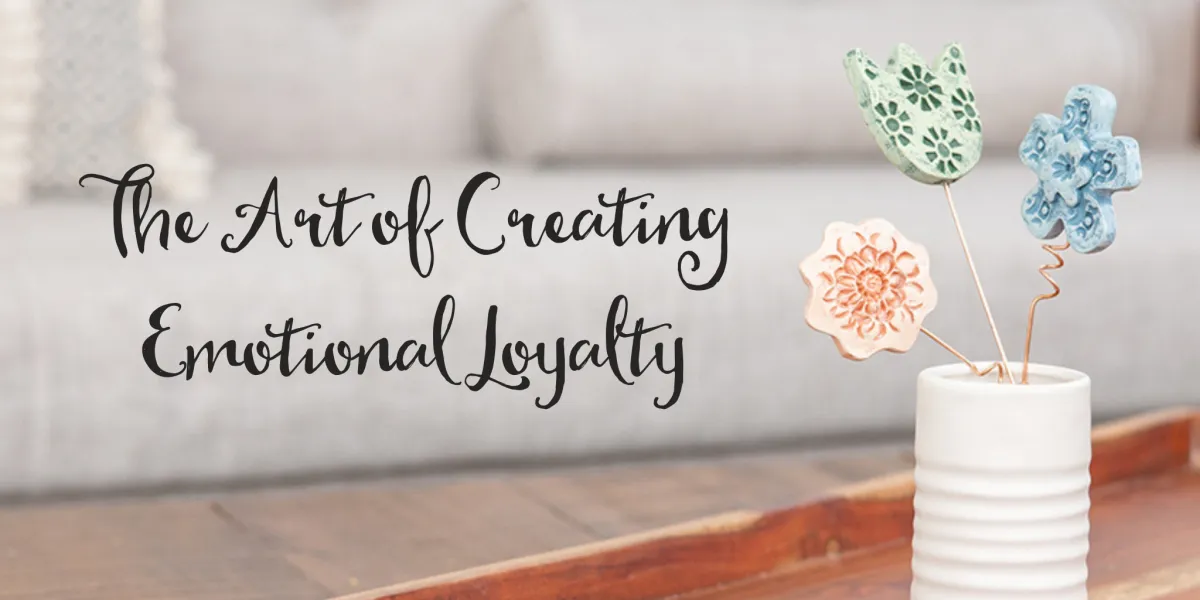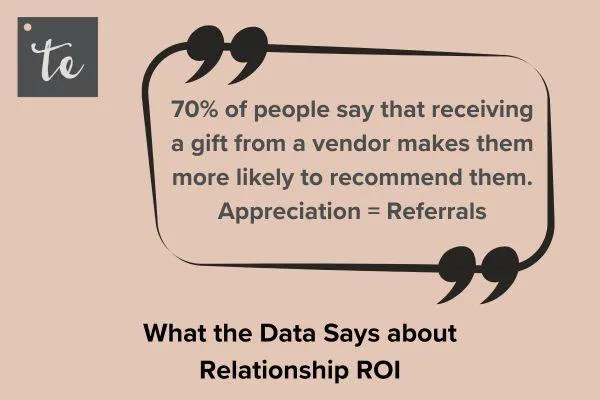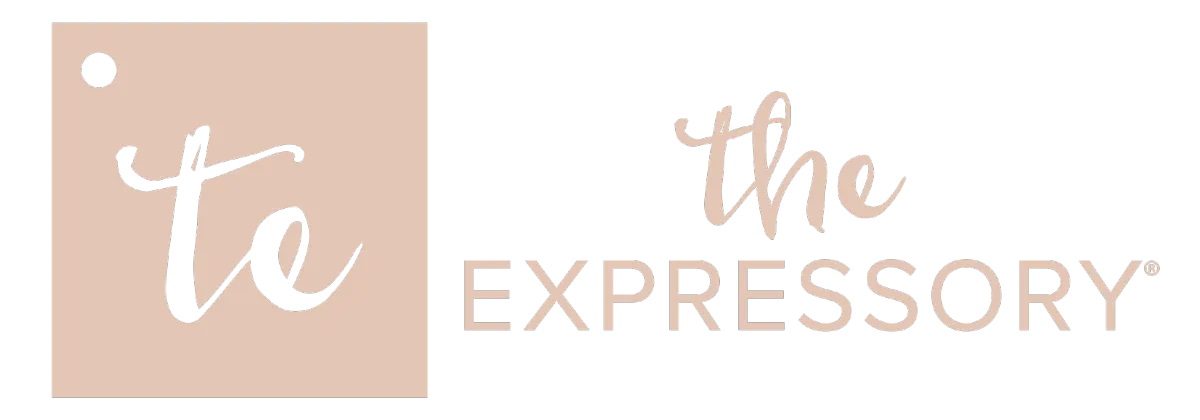
What Swimming Teaches Us About Team Relationships
In my latest video, I break down how swimming teaches us the importance of these relationship-building efforts and the specifics of what we as leaders need to nurture with our teams.
Holiday Gift Insights - What Everyone Else Is Doing
In an effort to simplify the decision-making process, we're sharing some of the trends we've seen with gifting over the years. We're even sharing our best seller and why that gift had such success.
What Makes A Successful Holiday Gift? The Travel Bag Edition
Last year we had the opportunity to work with one of our clients in the travel and tourism space to design an experience that delivered their highest engagement yet.

What the Data Says about Relationship ROI
We recently completed our first-ever market research study in partnership with Audience Audit, diving deep into how businesses build relationships—and the measurable returns they see as a result.
While we’re still analyzing all the insights, one thing is already clear: companies that prioritize relationship-building aren’t just creating stronger connections, they’re making more money.
And yet, despite overwhelming evidence that relationships drive revenue, retention, and referrals, many businesses are still underinvesting in the strategies that create loyal, engaged customers.
So today, we’re sharing a sneak peek into some of the numbers—and what they mean for businesses looking to build a profitable, relationship-first strategy.
Relationship Investment Pays Off
Our research confirms something we’ve long believed: making people feel valued leads to measurable business results.
One of the most tangible ways businesses create that emotional connection? Thoughtful, well-timed gifting.
Here’s what the data tells us about the real return on investment:
76% of respondents say receiving a gift from a current vendor makes them feel appreciated. This is one of the strongest emotional drivers for loyalty.
69% say receiving gifts from a vendor makes them at least probably likely to continue working with them. In other words, appreciation directly contributes to retention.
70% say receiving a gift makes them more likely to recommend the vendor to someone else. That’s free word-of-mouth marketing.
What about from a client?
84% of respondents say receiving a gift from a client makes them feel appreciated. Proving that appreciation isn’t just remarkable when shown to customers, it strengthens vendor and partner relationships, too.
40% say they would definitely keep working with a client who sent them gifts, and another 30% probably would. That’s 70% of people who feel a deeper sense of loyalty just because someone took the time to show they care.
And what about prospective clients? Gifting works there, too:
59% of respondents say receiving a gift from a prospective vendor would make them pay more attention to that company’s content or communications.
40% would view the company more positively, and 30% would be more open to collaboration or scheduling a call.
17% say a gift would definitely make them more likely to consider working with a prospective vendor, and 26% probably would.
So, what does all this tell us?
The businesses that take the time to thoughtfully engage, appreciate, and connect with their clients, partners, and prospects are the ones staying top of mind. They’re building trust, fostering loyalty, and opening doors to new business opportunities. All with something as simple as a well-timed gesture of care.
What the Data Tells Us
The numbers prove relationships drive business success.
But what’s most interesting to me is just how powerful appreciation is across every type of business relationship - clients, partners, and even potential customers.
Let’s break it down:
Retention is tied to feeling valued.
If 69% of people are more likely to stay with a vendor after receiving a gift, that tells us something important. The businesses that make people feel appreciated are the ones keeping customers longer.
We spend so much time focusing on client retention strategies, but how many businesses actually invest in simple, meaningful ways to express gratitude?
Referrals happen when appreciation happens.
70% of respondents said a gift from a vendor would make them more likely to recommend them. That’s massive!
It’s proof that when people feel seen, they don’t just stay, they tell others about their experience.
Prospects notice when you take the time to engage.
Nearly 60% of people say a gift from a potential vendor would make them pay closer attention to that company’s messaging.
That’s not just about the gift itself, it’s about cutting through the noise, showing up with value, and creating a memorable touchpoint in the sales process.
So, here’s the big takeaway.
Appreciation isn’t just a nice gesture; it’s a revenue strategy.
If you’re not actively nurturing relationships, through gifting, personalized outreach, or meaningful engagement, you’re likely losing opportunities to competitors who are.
And the most surprising part? Only half of businesses actually have a defined gifting approach for growing their business. Despite knowing this:
24% say their engagement strategy delivers a high ROI.
48% cite a moderate return.
We know it’s valuable and we understand the potential, yet not enough people leverage one of the most powerful ways to increase profitability.
That needs to change.
How to Put This Data into Action
Now that we know relationships drive revenue, what should businesses be doing about it?
Here are three key strategies to turn relationship-building into a profitable, repeatable system:
Develop a Structured Engagement Strategy
If you don’t have a documented, intentional plan for nurturing relationships, you’re relying on random acts of connection. That won’t get you consistent results.
Try this:
Identify your most important business relationships (clients, prospects, referral partners, and employees).
Create a calendar of engagement touchpoints—when and how you’ll reach out, check in, or show appreciation.
Assign ownership. If no one is leading your engagement strategy, it won’t happen.
Budget for Gifting & Appreciation
With 76% of respondents saying that gifts make them feel appreciated and more likely to stay loyal, gifting should be a core part of your engagement strategy.
Try this:
Set aside an annual budget for personalized gifts, handwritten notes, and appreciation efforts.
Focus on thoughtfulness over expense. Custom, high-value gifts beat generic swag every time.
Don’t just send gifts for the holidays. Use them as surprise moments of appreciation throughout the year.
Measure & Optimize Your Relationship Efforts
The businesses seeing the highest ROI aren’t just doing engagement, they’re tracking and optimizing it.
Try this:
Establish key relationship-building metrics (e.g., referral rate, retention rate, client lifetime value).
Track engagement ROI just like you track sales and marketing metrics.
Ask your clients and partners for feedback on how your engagement efforts make them feel and adjust accordingly.
Reflect and Rebuild: 5 Key Questions for Leaders
Businesses that invest in relationships are seeing real, measurable returns.
So, the question is, are you?
Here are five questions every business leader should be asking:
1️. Are we treating relationship-building as a business strategy or an afterthought?
If your engagement strategy isn’t documented, budgeted, and measured, it’s not truly a strategy.
2️. How are we making our clients feel appreciated?
A simple, thoughtful touchpoint, like a handwritten note or personalized gift, can turn a one-time client into a lifelong advocate.
3️. Do we have a structured approach to nurturing referrals?
Referrals are one of the strongest ROI indicators, but they don’t happen by accident. If you’re not nurturing referral relationships, you’re missing a major opportunity.
4️. Are we tracking the ROI of our engagement efforts?
If you’re investing in relationship-building but not measuring its impact, you’re missing half the equation.
5️. What would happen if we stopped focusing only on transactions—and started focusing on trust?
Businesses that prioritize trust, connection, and engagement aren’t just winning more clients, they’re building communities of loyal advocates.
And they’re seeing the ROI.
The question is: Are you?
Address:
1500 S. Sylvania Ave #106
Sturtevant WI 53177
Phone:
414.243.8971

